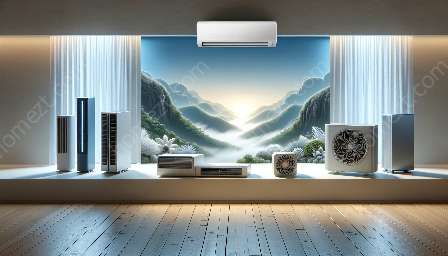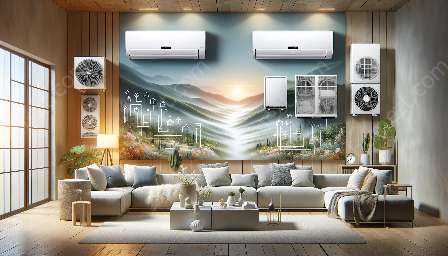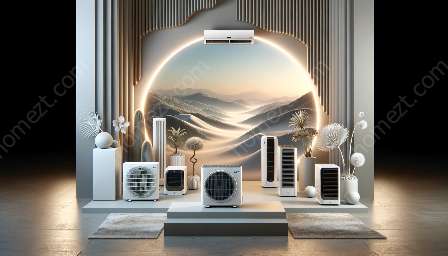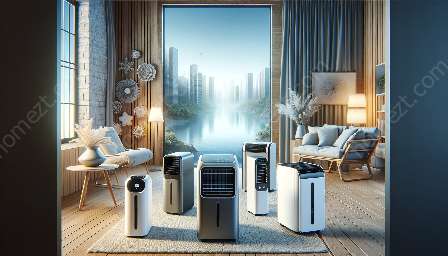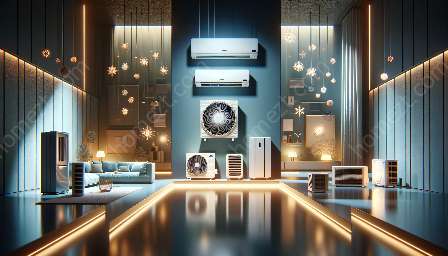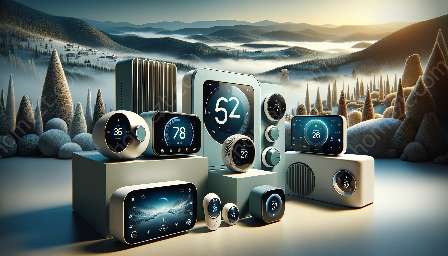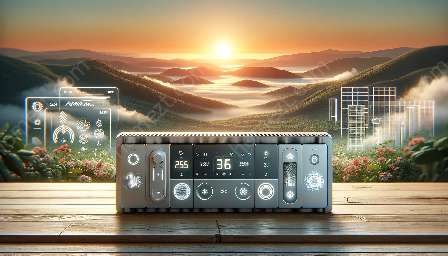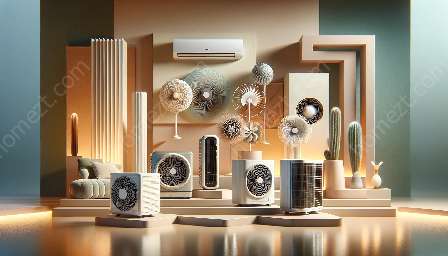Smart home integration has revolutionized the way we interact with our living spaces. By incorporating advanced technology, homeowners can now enjoy seamless control and automation of various home appliances, including air conditioners. This article delves into the fascinating world of smart home integration and examines how it can be compatible with air conditioners.
The Concept of Smart Home Integration
At its core, smart home integration involves the interconnectivity of various electronic devices and appliances within a home. This integration allows for remote monitoring and control, creating a more efficient, convenient, and secure living environment. From lighting and security systems to entertainment and climate control, smart home technology offers a wide range of capabilities that enhance the overall quality of life for homeowners.
Benefits of Smart Home Integration
One of the key advantages of smart home integration is the ability to centralize the management of different devices through a unified system. This centralized control can be achieved through smart hubs or voice-activated assistants, providing users with a simplified and intuitive interface to interact with their smart home ecosystem. Additionally, smart home integration enables automation, allowing devices to adapt and respond to preset conditions, schedules, or user-defined preferences.
Moreover, smart home integration enhances energy efficiency by optimizing the usage of appliances such as air conditioners. By intelligently regulating temperature settings and utilizing sensors to adjust cooling patterns based on occupancy, smart home systems contribute to energy conservation and cost savings.
Compatibility with Air Conditioners
When it comes to air conditioners, smart home integration offers significant benefits in terms of convenience and energy management. Through integration with smart home platforms, air conditioners can be remotely controlled and scheduled, allowing users to adjust temperature settings and monitor energy consumption from anywhere via their smartphones or other connected devices. This level of control ensures that homes are always kept comfortable while minimizing unnecessary energy usage.
Advanced Features and Functions
Smart home integration also unlocks advanced features for air conditioners, such as adaptive cooling based on occupancy detection and weather forecasts. Moreover, integration with smart sensors and environmental data enables the air conditioner to adjust its operation to achieve optimal comfort and energy efficiency. Furthermore, by connecting air conditioning units to broader smart home ecosystems, users can create custom routines and automation scenarios that seamlessly incorporate climate control into their daily routines.
Conclusion
Smart home integration represents a breakthrough in home technology, offering homeowners unparalleled convenience, energy savings, and enhanced comfort. When integrated with air conditioners, this technology brings a new level of control and efficiency to managing indoor climates. By embracing smart home integration, individuals can create personalized and intelligent environments that cater to their specific needs, while contributing to a more sustainable and interconnected future.







